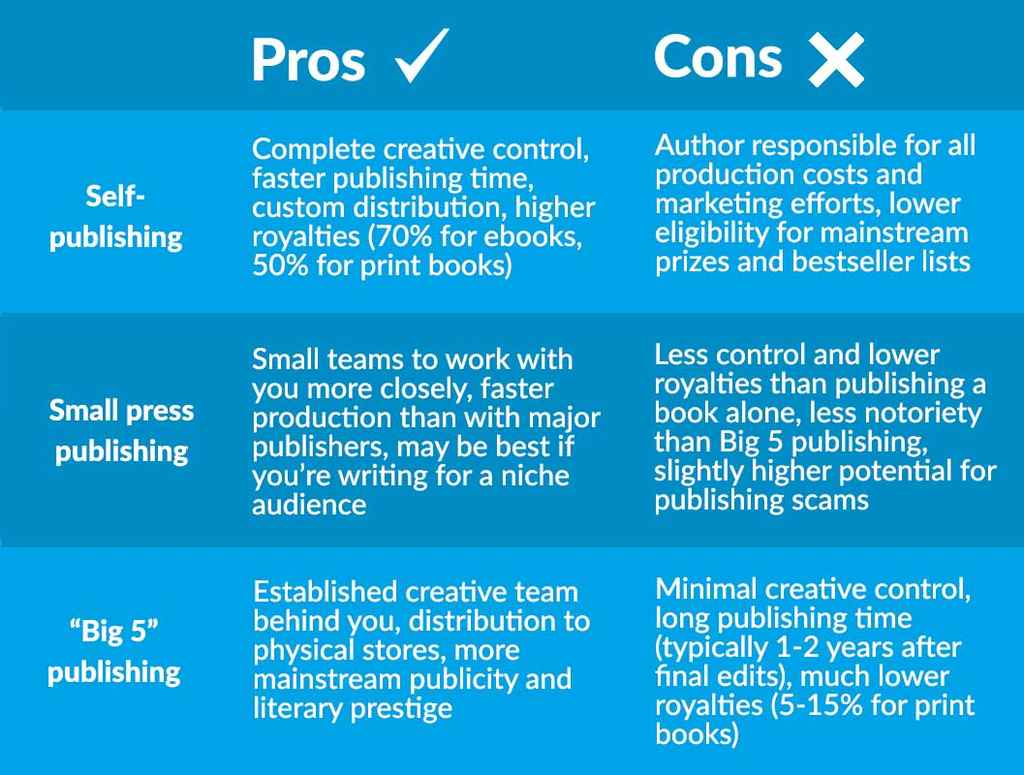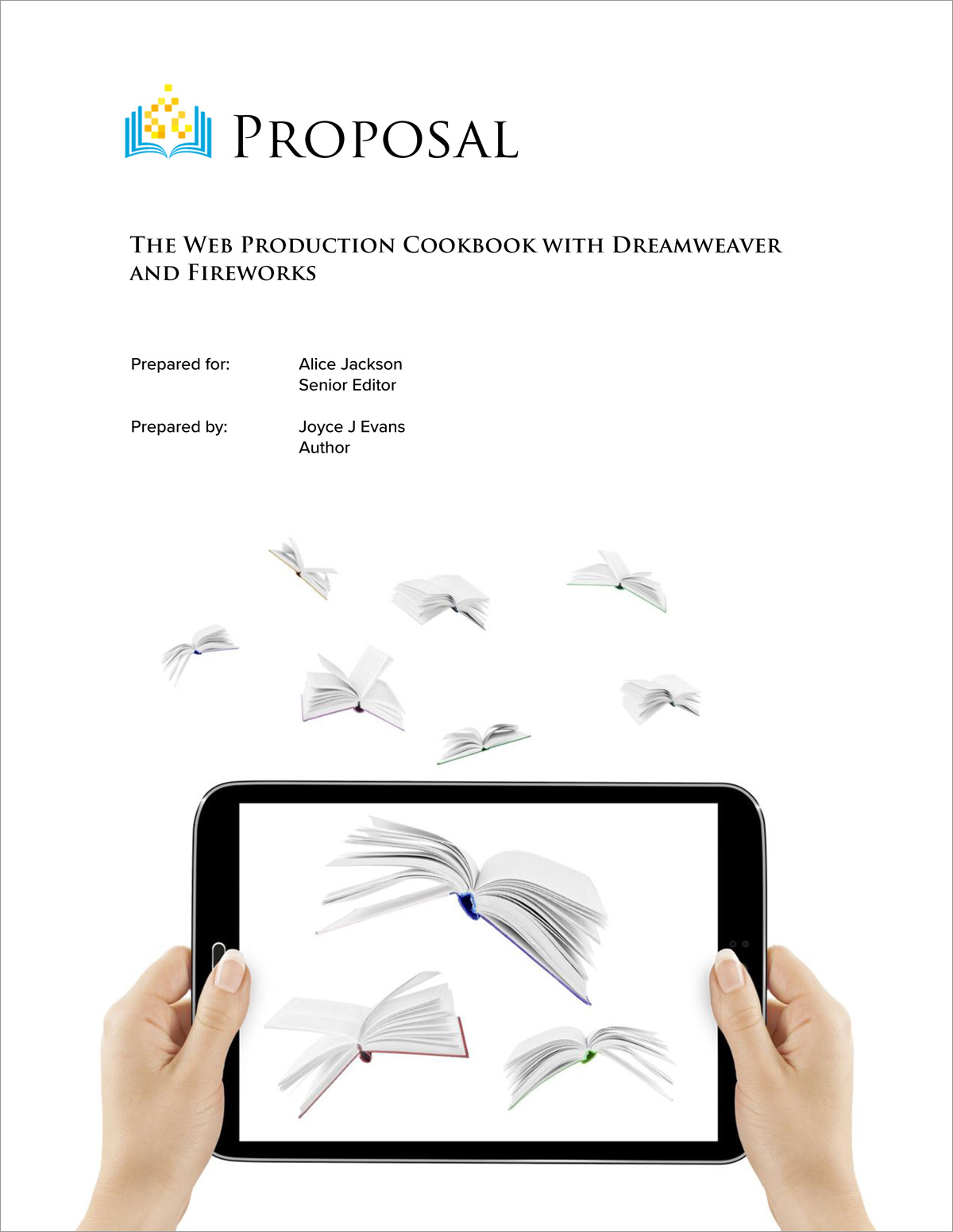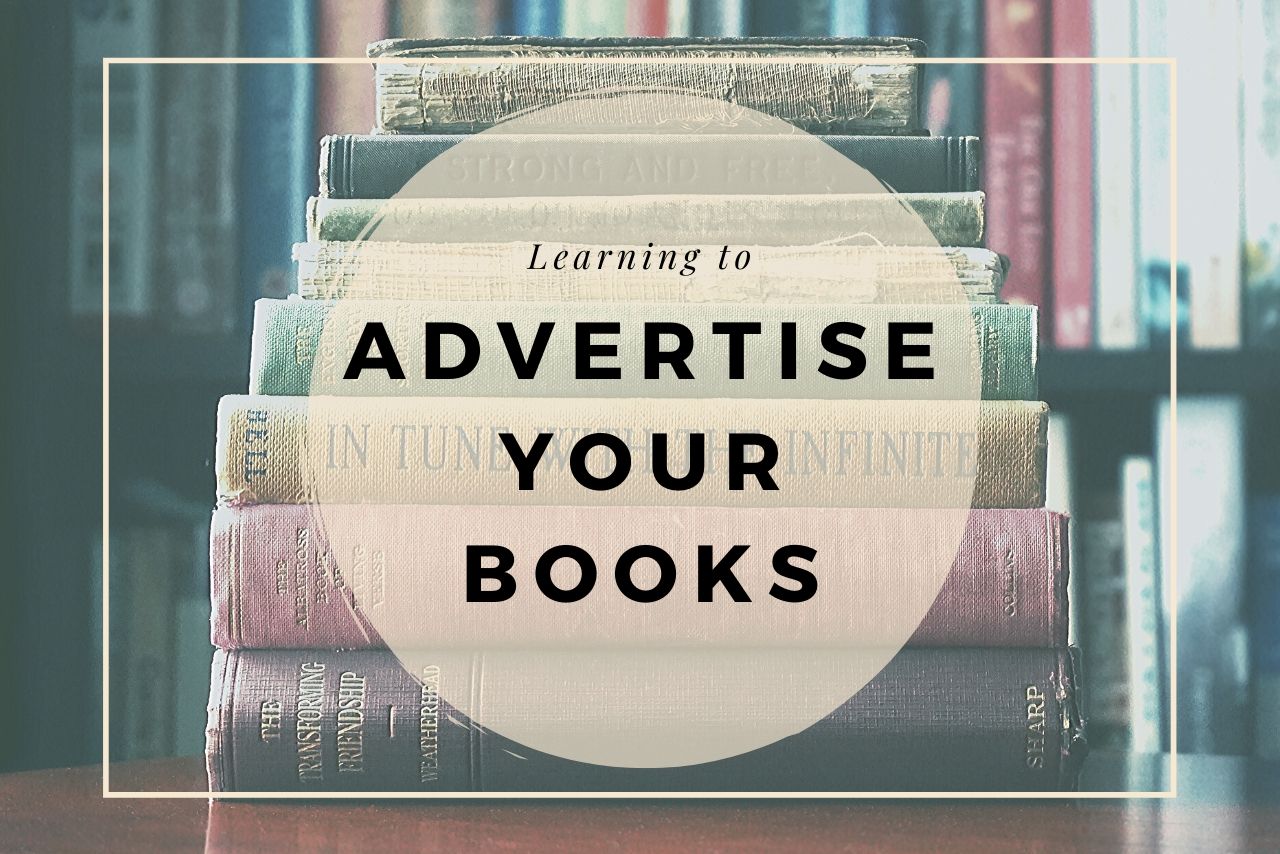Why Publishing a Book Can Be a Lucrative Venture
Publishing a book can be a lucrative venture for authors, offering a range of financial benefits and opportunities. One of the primary advantages of publishing a book is the potential to earn royalties on sales. Royalties can provide a steady stream of income for authors, and can be earned through various channels, including book sales, e-book sales, and audiobook sales. Additionally, authors may also receive advances on their book sales, which can provide a significant upfront payment.
Furthermore, publishing a book can also increase an author’s visibility and credibility in their field, leading to new opportunities such as speaking engagements, consulting work, and media appearances. Many authors have leveraged their book’s success to build a lucrative speaking career, commanding high fees for their appearances. Others have used their book as a marketing tool to attract new clients and customers to their business.
For those looking to learn how to publish a book and get paid, it’s essential to understand the various revenue streams available to authors. By publishing a book, authors can tap into these revenue streams and potentially earn significant income. Whether through royalties, advances, or other opportunities, publishing a book can be a lucrative venture for those who are willing to put in the time and effort required to produce a high-quality book.
In fact, many authors have reported earning significant income from their book sales, with some even earning millions of dollars in royalties. While these figures may not be typical, they do illustrate the potential for authors to earn significant income from their book sales. By following the steps outlined in this article, authors can increase their chances of success and potentially earn a lucrative income from their book.
Of course, publishing a book requires a significant amount of time and effort, and there are no guarantees of success. However, for those who are willing to put in the work, the potential rewards can be substantial. By understanding the various revenue streams available to authors and following the steps outlined in this article, authors can increase their chances of success and potentially earn a lucrative income from their book.
Preparing Your Manuscript for Publication
Once you have completed your manuscript, it’s essential to prepare it for publication. This involves editing and revising your work to ensure it is error-free and polished. One of the most critical steps in preparing your manuscript is proofreading. This involves carefully reviewing your text to catch any spelling, grammar, or punctuation errors.
In addition to proofreading, it’s also essential to fact-check your manuscript. This involves verifying any facts or information you have included in your text to ensure they are accurate. Fact-checking can help you avoid any potential errors or inaccuracies that could damage your credibility as an author.
Another crucial step in preparing your manuscript is getting feedback from beta readers and writing groups. Beta readers can provide you with valuable feedback on your manuscript, including suggestions for improvement and identification of any errors or inconsistencies. Writing groups can also provide you with support and guidance as you work on your manuscript.
When editing and revising your manuscript, it’s essential to keep in mind the importance of clarity and concision. Your text should be easy to read and understand, with clear and concise language that engages your readers. You should also ensure that your manuscript is well-organized and logically structured, with a clear beginning, middle, and end.
By taking the time to carefully edit and revise your manuscript, you can ensure that it is publication-ready and meets the high standards of publishers and readers. This is an essential step in learning how to publish a book and get paid, as a well-prepared manuscript is more likely to be accepted by publishers and to succeed in the market.
It’s also important to note that editing and revising your manuscript is an ongoing process. You may need to make multiple revisions before your manuscript is ready for publication. However, with persistence and dedication, you can produce a high-quality manuscript that will help you achieve your publishing goals.
Understanding Your Publishing Options: Traditional vs. Self-Publishing
When it comes to publishing a book, authors have two main options: traditional publishing and self-publishing. Traditional publishing involves working with a publishing house, which handles the editing, production, and distribution of the book. Self-publishing, on the other hand, involves the author handling all aspects of the publishing process themselves.
Traditional publishing can be a good option for authors who want to reach a wide audience and have the support of a publishing house. However, it can be a competitive process, and authors may need to secure a literary agent to represent them. Literary agents can help authors navigate the publishing process and negotiate contracts with publishing houses.
Self-publishing, on the other hand, can be a good option for authors who want to maintain control over the publishing process and potentially earn higher royalties. Self-publishing platforms like Amazon Kindle Direct Publishing (KDP) and CreateSpace make it easy for authors to publish their books in digital and print formats.
When deciding between traditional publishing and self-publishing, authors should consider their goals and priorities. If they want to reach a wide audience and have the support of a publishing house, traditional publishing may be the better option. However, if they want to maintain control over the publishing process and potentially earn higher royalties, self-publishing may be the way to go.
It’s also worth noting that self-publishing is becoming increasingly popular, and many authors are finding success with this option. In fact, some self-published authors have gone on to become bestsellers and earn significant income from their books. By understanding the pros and cons of traditional publishing and self-publishing, authors can make an informed decision about which option is best for them.
Ultimately, the key to success in publishing a book is to understand the options available and to make an informed decision about which path to take. By doing so, authors can increase their chances of success and potentially earn a lucrative income from their book. Learning how to publish a book and get paid requires a understanding of the publishing options available, and making an informed decision about which path to take.
How to Write a Compelling Book Proposal
A book proposal is a crucial document that authors need to create when seeking to publish their work through traditional publishing channels. A well-written book proposal can make all the difference in securing a publishing deal, as it showcases the author’s work and demonstrates its marketability.
So, how do you write a compelling book proposal? The first step is to craft a hook that grabs the attention of publishers or literary agents. This can be a concise summary of the book’s content, highlighting its unique selling points and what sets it apart from other books in the same genre.
Next, you need to summarize the book’s content, including its main themes, plot, and characters. This should be a brief overview, no more than 1-2 pages, and should provide a clear understanding of what the book is about.
Another essential element of a book proposal is the marketing and promotion plan. This should outline how you intend to promote your book, including social media marketing, email marketing, book signings, and online advertising. You should also discuss your author platform and how you plan to engage with readers.
In addition to these elements, a book proposal should also include a sample chapter or two, to give publishers or literary agents a taste of your writing style and the quality of your work.
When writing a book proposal, it’s essential to keep in mind the importance of clarity and concision. Your proposal should be easy to read and understand, with clear and concise language that showcases your writing skills.
Learning how to publish a book and get paid requires a solid understanding of the publishing process, including the creation of a compelling book proposal. By following these tips, authors can increase their chances of securing a publishing deal and achieving success in the publishing industry.
Remember, a book proposal is a sales document, and its primary purpose is to sell your book to publishers or literary agents. By crafting a compelling proposal, you can demonstrate the value of your work and increase your chances of success in the publishing industry.
Navigating the World of Book Publishing Contracts
When it comes to publishing a book, understanding the contract is crucial to ensuring a successful and profitable experience. A book publishing contract is a legally binding agreement between the author and the publisher that outlines the terms and conditions of the publication. Knowing how to navigate this complex document can help authors protect their rights and maximize their earnings.
A typical book publishing contract includes several key elements, including advances, royalties, subsidiary rights, and termination clauses. Advances are payments made by the publisher to the author before the book is published, and royalties are the percentage of the book’s earnings that the author receives. Subsidiary rights refer to the rights to adapt the book into other forms, such as film or audiobooks. Termination clauses outline the conditions under which the contract can be terminated.
To negotiate a better contract, authors should carefully review the terms and conditions before signing. It’s essential to understand the contract’s language and to ask questions if anything is unclear. Authors should also consider seeking the advice of a literary agent or lawyer who is familiar with book publishing contracts.
One of the most critical aspects of a book publishing contract is the royalty rate. Traditional publishers typically offer a royalty rate of 10-15% on hardcover books and 25% on e-books. However, some publishers may offer higher or lower rates, depending on the author’s platform and the book’s genre. Authors should aim to negotiate the highest possible royalty rate to maximize their earnings.
In addition to the royalty rate, authors should also pay attention to the contract’s subsidiary rights clause. This clause outlines the rights to adapt the book into other forms, such as film or audiobooks. Authors should ensure that they retain the rights to their work and that the publisher does not have exclusive rights to adapt the book.
Another essential aspect of a book publishing contract is the termination clause. This clause outlines the conditions under which the contract can be terminated, such as if the publisher fails to publish the book within a certain timeframe. Authors should ensure that the termination clause is fair and reasonable, and that they have the option to terminate the contract if the publisher fails to meet their obligations.
By understanding the key elements of a book publishing contract and negotiating a fair deal, authors can protect their rights and maximize their earnings. Whether you’re a seasoned author or just starting out, knowing how to navigate the world of book publishing contracts is essential to achieving success in the publishing industry. By following these tips and seeking the advice of a literary agent or lawyer, authors can ensure that they get the best possible deal and achieve their goals of how to publish a book and get paid.
Marketing and Promoting Your Book: Strategies for Success
Once a book is published, the next step is to market and promote it to reach potential readers. A well-planned marketing strategy can help increase visibility, drive sales, and ultimately, achieve the goal of how to publish a book and get paid. In this article, we will discuss various marketing and promotion strategies that authors can use to succeed in the publishing industry.
Building an author platform is essential for marketing and promoting a book. An author platform refers to the online presence of an author, including their website, social media profiles, and email list. Having a strong author platform allows authors to connect with readers, share updates about their work, and promote their book. Authors can use their platform to share behind-the-scenes content, sneak peeks, and exclusive offers to engage with their audience.
Social media marketing is another effective way to promote a book. Authors can use platforms like Facebook, Twitter, Instagram, and LinkedIn to reach their target audience. They can share updates about their book, participate in online communities related to their genre, and engage with readers. Social media advertising can also be used to reach a wider audience and drive traffic to the author’s website or online retailers.
Email marketing is another powerful tool for promoting a book. Authors can build an email list by offering a free resource, such as a chapter or a short story, in exchange for readers’ email addresses. They can then use this list to send updates about their book, promotions, and events. Email marketing allows authors to connect with readers directly and build a loyal following.
Book signings and events are also great ways to promote a book. Authors can organize book signings, readings, and workshops at local bookstores, libraries, and literary festivals. These events provide opportunities for authors to connect with readers, promote their book, and build their author platform.
Online advertising is another effective way to promote a book. Authors can use platforms like Amazon Marketing Services, Facebook Ads, and Google AdWords to reach their target audience. They can create targeted ads that appear on websites, social media platforms, and online retailers. Online advertising allows authors to reach a wider audience and drive traffic to their website or online retailers.
In addition to these strategies, authors can also use book bloggers, reviewers, and influencers to promote their book. Book bloggers and reviewers can help spread the word about a book, while influencers can help reach a wider audience. Authors can also use online communities, such as Goodreads and BookBub, to connect with readers and promote their book.
Finally, authors should track their sales and royalties to understand the effectiveness of their marketing and promotion strategies. They can use tools like Amazon Kindle Direct Publishing and Google Analytics to track their sales and website traffic. By analyzing their data, authors can refine their marketing strategy and make data-driven decisions to improve their results.
By using these marketing and promotion strategies, authors can increase their visibility, drive sales, and achieve their goal of how to publish a book and get paid. Remember, marketing and promoting a book is an ongoing process that requires creativity, persistence, and a willingness to learn and adapt.
Monetizing Your Book: Royalties, Advances, and Other Income Streams
Once a book is published, authors can earn money from their work through various income streams. Understanding how to monetize a book is crucial to achieving the goal of how to publish a book and get paid. In this article, we will discuss the different ways authors can earn money from their books, including royalties, advances, and other income streams.
Royalties are the most common way authors earn money from their books. Royalties are a percentage of the book’s earnings that the author receives for each copy sold. The royalty rate varies depending on the publisher, the book’s format, and the author’s contract. Traditional publishers typically offer a royalty rate of 10-15% on hardcover books and 25% on e-books. Self-published authors can earn up to 70% royalty on e-books sold through online retailers like Amazon Kindle Direct Publishing.
Advances are payments made by the publisher to the author before the book is published. Advances are usually deducted from the author’s future royalties, and the author does not receive any additional payment until the advance is earned out. Advances can be a significant source of income for authors, but they can also impact the author’s royalty rate.
In addition to royalties and advances, authors can also earn money from their books through other income streams. Audiobooks, e-books, and print-on-demand books can provide additional revenue streams for authors. Authors can also earn money from film adaptations, TV shows, and stage productions based on their book. Merchandising and licensing can also provide additional income streams for authors.
Tracking sales and royalties is essential to understanding how much money an author is earning from their book. Authors can use tools like Amazon Kindle Direct Publishing and Google Analytics to track their sales and website traffic. By analyzing their data, authors can refine their marketing strategy and make data-driven decisions to improve their results.
Authors can also use online platforms like Amazon Kindle Direct Publishing, Apple Books, and Barnes & Noble Press to self-publish their books and earn higher royalties. These platforms provide authors with the tools and resources they need to publish and promote their books, and they can help authors reach a wider audience.
Furthermore, authors can also earn money from their books by offering additional services like consulting, coaching, and speaking engagements. Authors can use their expertise and knowledge to offer services that complement their book, and they can earn additional income from these services.
In conclusion, authors can earn money from their books through various income streams, including royalties, advances, and other income streams. By understanding how to monetize a book, authors can achieve their goal of how to publish a book and get paid and build a successful writing career.
Overcoming Common Challenges in the Publishing Industry
The publishing industry can be a challenging and competitive field, and authors often face numerous obstacles on their path to success. From writer’s block and rejection to self-doubt and criticism, authors must develop strategies to overcome these challenges and stay focused on their goals. In this article, we will discuss some common challenges in the publishing industry and provide guidance on how to overcome them.
Writer’s block is a common challenge that many authors face. It can be caused by a lack of inspiration, pressure to meet deadlines, or fear of failure. To overcome writer’s block, authors can try changing their environment, taking breaks, and engaging in activities that stimulate their creativity. They can also try writing in different styles or genres to break out of their usual routine.
Rejection is another challenge that authors often face. Whether it’s a rejection letter from a publisher or a negative review from a reader, rejection can be discouraging and demotivating. However, authors should not take rejection personally and should use it as an opportunity to learn and improve. They can try to get feedback from editors, agents, or writing groups to understand what they can do to improve their work.
Self-doubt is a common challenge that many authors face. It can be caused by fear of failure, fear of success, or fear of not being good enough. To overcome self-doubt, authors can try to focus on their strengths and accomplishments, rather than their weaknesses and failures. They can also try to set realistic goals and celebrate their achievements, no matter how small they may seem.
Networking is an essential part of the publishing industry, and authors should make an effort to connect with other writers, editors, and agents. They can attend writing conferences, join writing groups, and participate in online forums to meet other writers and learn about new opportunities. Networking can help authors to stay motivated, get feedback on their work, and learn about new trends and developments in the industry.
Continuous learning is also essential for authors who want to succeed in the publishing industry. They should make an effort to stay up-to-date with the latest trends and developments in their genre, and they should be willing to learn new skills and techniques. They can take online courses, attend writing workshops, and read books on writing to improve their craft.
Finally, authors should remember that success in the publishing industry takes time, effort, and perseverance. They should not give up on their goals, even if they face rejection or criticism. Instead, they should use these challenges as opportunities to learn and improve, and they should stay focused on their goals. By following these tips and staying committed to their craft, authors can overcome common challenges in the publishing industry and achieve their goal of how to publish a book and get paid.
By overcoming common challenges in the publishing industry, authors can achieve success and build a loyal following of readers. Whether it’s through traditional publishing or self-publishing, authors can make a living from their writing and pursue their passion with confidence and determination.







